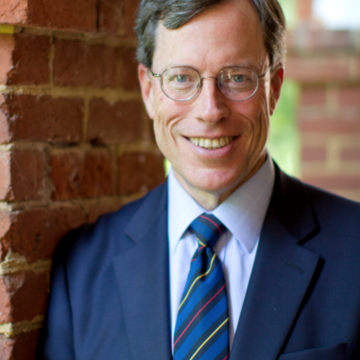The secret diplomacy failure of 1916
World War I could have ended before the United States ever entered it
Read the full article at the History News Network
Philip Zelikow's latest book is The Road Less Traveled: The Secret Battle to End the Great War, 1916-1917.
On August 12, 1916, France's president, Raymond Poincaré, walked up to the British military headquarters at Val Vion, in northern France, for a private conference with Britain's king, George V. The king came out to greet him, wearing a beribboned khaki military uniform appropriate to the occasion. President Poincaré joined him in a more somber kind of uniform, a livery of mourning. Poincaré wore black from head to toe, without a bit of adornment or decoration.
To the French public, Poincaré was a symbol of the united war effort, a conservative nationalist who personified France's "sacred union" to win the great war. That was the public man. But in private, with the distant thunder of the guns in the background, Poincaré had a sober message. He confided to the king that he was in favor of "bringing the war to a conclusion as soon as possible."
How could this be done? Poincaré had his eye on the American path to peace. He expected the American president, Woodrow Wilson, to offer mediation by October. "When an offer of American mediation comes," the French president explained, "the Allies should be ready to state their terms for peace." The French public, he added, was "too optimistic." The people did not know the full situation. And he also felt "great anxiety in regard to the state of affairs in Russia"—a country then about seven months away from the revolution that would topple Czarist rule.
The German mediation request was unconditional.
Knowing nothing of this French-British exchange, only six days later, on August 18, the chancellor of Imperial Germany sent a momentous and secret cable to his able ambassador in Washington. He and his Kaiser were also desperate to end the war and ready for compromise, including the restoration of Belgium. "We are happy to accept a mediation by the President [Wilson] to start peace negotiations among the belligerents who want to bring this about," the German chancellor instructed. "Please strongly encourage the President's activities in this regard."
To avoid giving any impression that his country was weak, the chancellor's plea was utterly secret. The German mediation request was unconditional.
For more than five months, from August 1916 until the end of January 1917, leaders from Germany, Britain, and the United States secretly struggled to end the Great War. They did so far out of public sight, one reason their battle is still little understood today.
